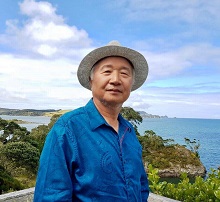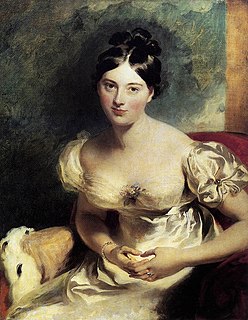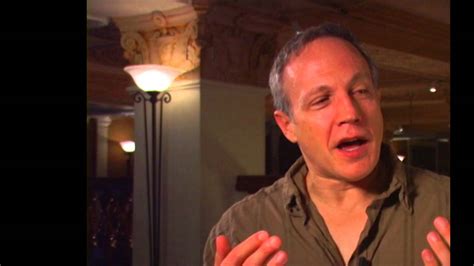A Quote by James Dillet Freeman
We have the power, knowledge, and equipment to build a world beyond our wonder. Only loss of nerve can defeat us.
Related Quotes
I testify to you that our promised blessings are beyond measure. Though the storm clouds may gather, though the rains may pour down upon us, our knowledge of the gospel and our love of our Heavenly Father and Savior will comfort and sustain us and bring joy to our hearts as we walk uprightly and keep the commandments. There will be nothing in this world that can defeat us.
We have the Noble Desire to help others and benefit the world, without expecting any return or recognition. What makes us great is not our knowledge, skill, money, or power. What makes us great is not our knowledge, skill, money, or power. What makes us truly great is this noble desire, this passion that transcends all separation, goes beyond one's limitations, and wants to hug others and embrace the whole world. This is not something that we need to learn, because we already have it. It just needs to be acknowledged and awakened.
Improved perception of our somatic feelings not only gives us greater knowledge of ourselves but also enables greater somatic skill, facility, and range of movement that can afford our sensory organs greater scope in giving us knowledge of the world. Besides augmenting our own possibilities of pleasure , such improved somatic functioning and awareness can give us greater power in performing virtuous acts for the benefit of others, since all action somehow depends on the efficacy of our bodily instrument.
Surely knowledge of the natural world, knowledge of the human condition, knowledge of the nature and dynamics of society, knowledge of the past so that one may use it in experiencing the present and aspiring to the future--all of these, it would seem reasonable to suppose, are essential to an educated man. To these must be added another--knowledge of the products of our artistic heritage that mark the history of our esthetic wonder and delight.
Those who will may raise monuments of marble to perpetuate the fame of heroes. Those who will may build memorial halls to remind those who shall gather there in after times what manhood could do and dare for right, and what high examples of virtue and valor have gone before them. But let us make our offering to the ever-living soul. Let us build our benefactions in the ever-growing heart, that they shall live and rise and spread in blessing beyond our sight, beyond the ken of man and beyond the touch of time.
We Indians do not teach that there is only one god. We know that everything has power, including the most inanimate, inconsequential things. Stones have power. A blade of grass has power. Trees and clouds and all our relatives in the insect and animal world have power. We believe we must respect that power by acknowledging it's presence. By honoring the power of the spirits in that way, it becomes our power as well. It protects us.
We have heard of a Society for the Diffusion of Useful Knowledge. It is said that knowledge is power, and the like. Methinks there is equal need of a Society for the Diffusion of Useful Ignorance, what we will call Beautiful Knowledge, a knowledge useful in a higher sense: for what is most of our boasted so-called knowledge but a conceit that we know something, which robs us of the advantage of our actual ignorance? What we call knowledge is often our positive ignorance; ignorance our negative knowledge.
We have all of us free access to all that is great, and good, and happy, and carry within ourselves a key to all the treasures that heaven has to bestow upon us. We starve in the midst of plenty, groan under infirmities, with the remedy in our own hand; live and die without knowing and feeling anything of the One only God, whilst we have it in our power to know and enjoy it in as great a reality as we know and feel the power of this world over us; for Heaven is as near to our souls as this world is to our bodies; and we are created, we are redeemed, to have our conversation in it.







































